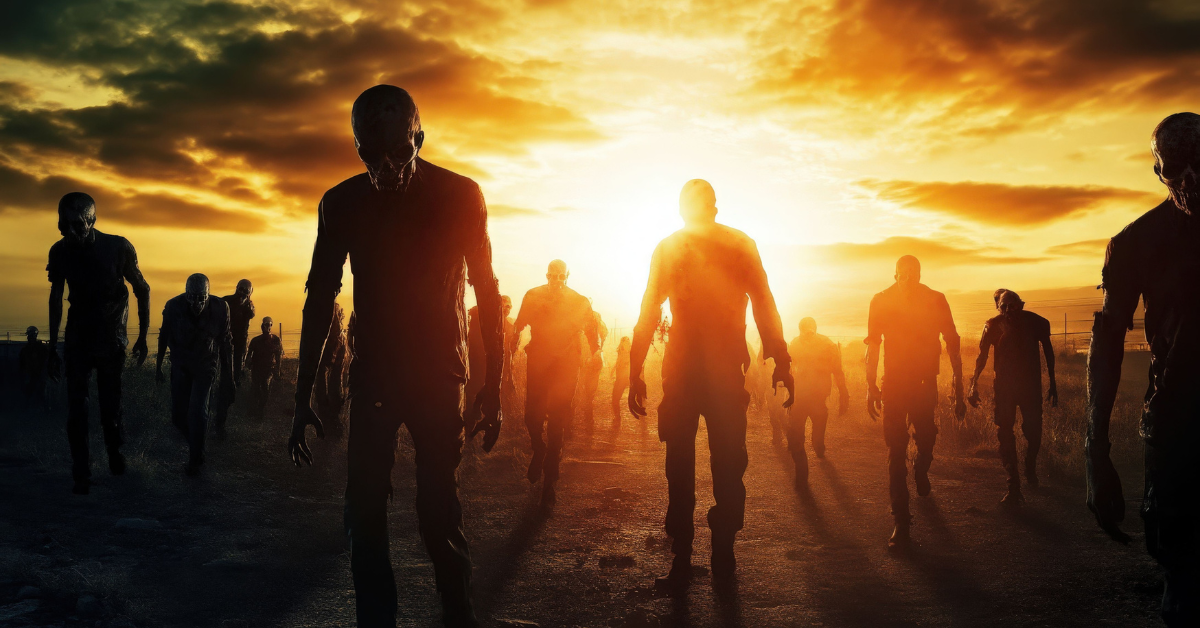Resident Evil, known as Biohazard in Japan, is not only a survival horror game but also a cultural phenomenon in its birthplace. Japanese players value psychological tension and storytelling more than flashy action, creating a reception that often differs from Western audiences.
- Evaluation of Resident Evil in Japan
- Differences Between Japanese and Overseas Reception
- Media Expansion and Fan Culture in Japan
- Trends in Popular Characters in Japan
- Points Foreign Fans Should Understand About Japanese Evaluation
- Reactions to Different Entries in the Series
- Events and Fan Activities in Japan
- Understanding Japan’s Perspective
- Conclusion
Evaluation of Resident Evil in Japan
The Impact of the First Game
When the first Resident Evil was released in 1996, it was praised as “a game that makes you experience fear.” At the time, action and RPGs dominated the Japanese market, and horror was a minor genre. The sense of confinement in the mansion and the tension of surviving with limited ammunition felt fresh, capturing the attention of many players. The story, centered on the mystery of the mansion incident, kept players engaged and sparked discussions even outside the gaming community.
Differences Between Japanese and Overseas Reception
| Aspect | Japanese Evaluation | Overseas Evaluation |
|---|---|---|
| Horror presentation | Value placed on psychological tension | Preference for flashy effects and jump scares |
| Story | Focus on mysteries and human drama | Emphasis on action and pacing |
| Media expansion | Stage plays and novels highly regarded | Hollywood film series widely popular |
| Popular characters | Leon and Jill favored as main heroes | Nemesis and Tyrant admired as villains |
Japanese fans are fascinated by “quietly creeping fear”, while overseas audiences lean toward “cinematic spectacle.”
Media Expansion and Fan Culture in Japan
Popularity Through Films and Stage Plays
In Japan, Resident Evil was not only adapted into Hollywood films but also staged as original theatrical performances. These stage plays emphasized character psychology and tension, allowing audiences to “experience fear directly.” Collaborations with themed cafés and amusement parks also brought the franchise closer to people outside the gaming community.
Trends in Popular Characters in Japan
| Character | Popularity in Japan | Popularity Overseas |
|---|---|---|
| Leon | Respected as a calm and reliable hero | Popular also due to his film appearances |
| Jill | Admired as an intelligent and brave heroine | Loved for her strong action presence |
| Chris | Seen as the backbone of the series | Valued for combat strength |
| Ada | Favored for her mysterious character | Recognized as a cinematic femme fatale |
In Japan, “character background and personality” matter most, while abroad, “appearance and bold actions” tend to be emphasized.
Points Foreign Fans Should Understand About Japanese Evaluation
The Quality of Fear That Japanese Fans Value
Japanese horror fans evaluate “slowly creeping dread” more highly than simple jump scares. Footsteps in dark corridors, distant noises, and silence are regarded as powerful tools to build tension.
A Unique Way of Enjoyment
Japanese players often view the series as “one large interconnected story.” They enjoy analyzing details, such as the secrets of Umbrella Corporation or character relationships. This “analytical enjoyment” is a defining feature of the Japanese fanbase.
Reactions to Different Entries in the Series
| Title | Reception in Japan | Reception Overseas |
|---|---|---|
| Resident Evil 2 | Multiple narrative perspectives highly praised | Action improvements welcomed |
| Resident Evil 4 | Mixed but respected for innovation | One of the most globally successful titles |
| Resident Evil 7 | First-person view as a return to horror roots | Horror elements even more praised abroad |
| Resident Evil 8 | Admired for world expansion | Gothic horror atmosphere well received |
In Japan, Resident Evil 2 and 7 are especially celebrated as “returns to the origins of horror.”
Events and Fan Activities in Japan
Collaboration Events
In Japan, numerous collaborations with cinemas and theme parks have taken place. At Universal Studios Japan, “Resident Evil: The Real” became a massive hit, where fans could actually run from zombies in real time.
Fan Analysis and Discussion
Japanese fans are known for in-depth analysis. On forums and social media, discussions about “Umbrella’s secrets” or “hidden character histories” are common. This culture makes Resident Evil “a game you continue to think about even after finishing it.”
Understanding Japan’s Perspective
| Perspective | Japanese Evaluation | Key Point to Understand |
|---|---|---|
| Quality of fear | Psychological and tension-driven | Quiet, creeping fear is valued |
| Story depth | Complex backgrounds and drama | Fans enjoy analysis and interpretation |
| Cultural significance | Seen as a symbol of Japanese gaming culture | Regarded as cultural pride |
In Japan, Resident Evil is more than entertainment. It is recognized as a “cultural symbol.”
Conclusion
Resident Evil, born in Japan, has gained acclaim domestically for the fusion of fear and storytelling. While overseas audiences often focus on cinematic action and speed, Japanese fans appreciate psychological horror and layered narratives. Each new installment is watched closely in Japan, and adaptations into stage plays and events have solidified its cultural status. For foreign fans, understanding this background allows for a deeper appreciation of Resident Evil beyond the gameplay itself.






